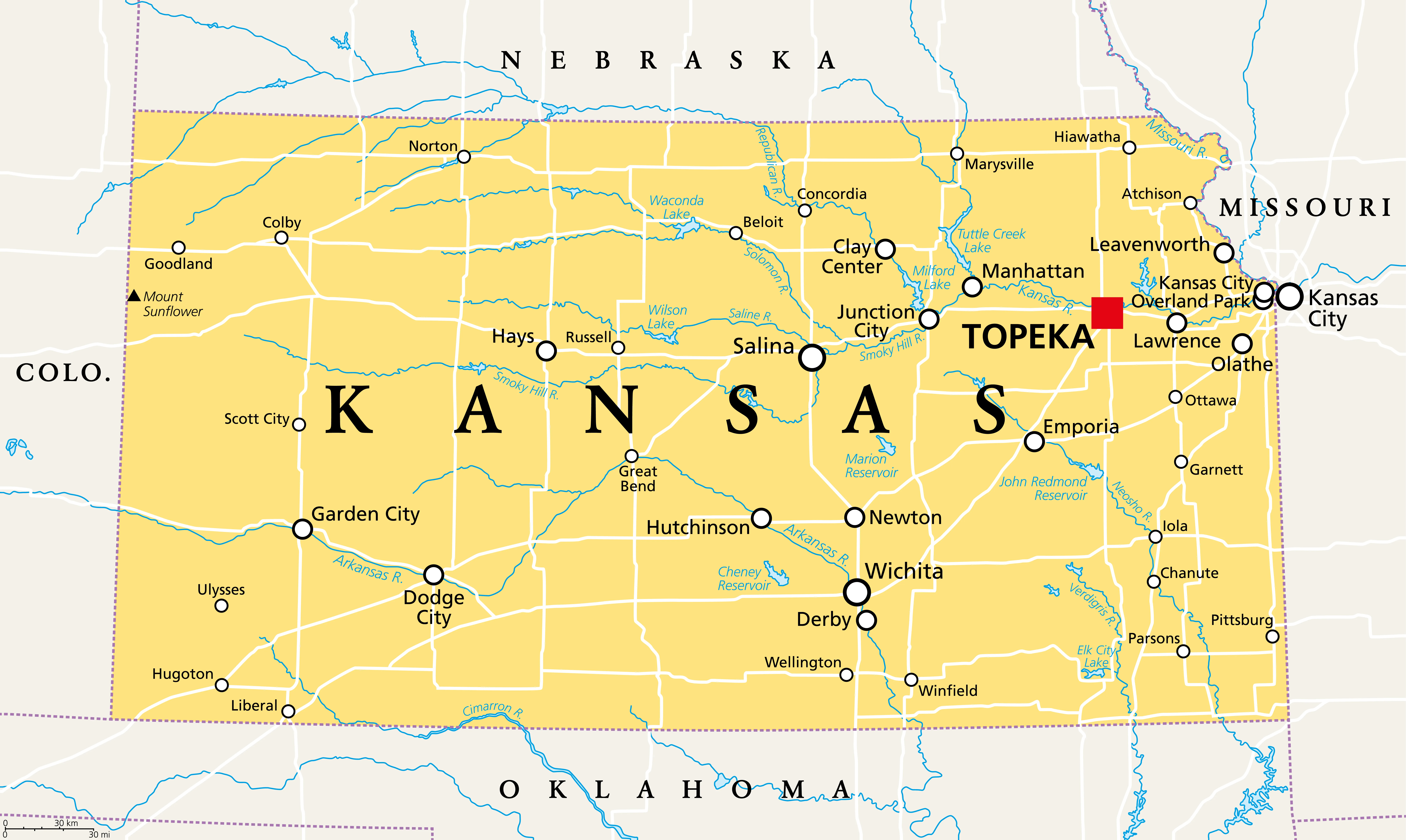
Mental health care: A top priority for Gen Z
(Nevada News Service) Research on social trends shows emotional and mental health is at the core of Gen Z's identity.
The Pew Research Center considers anyone born after 1996 as part of "Generation Z."
Lindsay Carr is a Gen Z-er herself, and a Youth Peer Recovery support specialist intern with the National Alliance on Mental Illness (NAMI) Northern Nevada, which advocates for mental health support and education.
Carr said she finds many don't think seriously about their mental health until they're really struggling.
But she says she finds younger people are having more conversations about it, especially through social media, which helps remove some of the stigma.
"The pandemic made it so that it was really OK to talk about not being OK," said Carr, "because we were all collectively not doing OK, and we all realized how important it was for us to talk to each other about it. But even if you don't have a diagnosed mental health condition, everyone has mental health - and that means everyone, in every generation."
Carr said the demand for mental health services has increased, which spotlights some barriers to access for care, especially for younger people.
She says it can be difficult to find a therapist accepting new clients, and sessions can cost from $100 to over $250 an hour. NAMI Northern Nevada tries to serve as a bridge to get people connected to the appropriate care.
National Medical Director for Behavioral Health with United Healthcare, Dr. Donald Tavakoli, said as Gen Z-ers enter the workforce and become eligible for their own healthcare plans, it's important that they understand the mental health coverage benefits they have.
He said he's found many young people value virtual visits.
"So increasingly, health plans offer telehealth that can be in-network opportunities to support your mental health," said Tavakoli. "And it's important to find a health plan that offers those."
He said many Gen Z folks, even up to age 26, can maintain coverage on certain plans through their parents' health insurance - giving them some time to transition.
He encouraged people of any age to stay engaged and connected with their insurance providers to find the care they need.

















